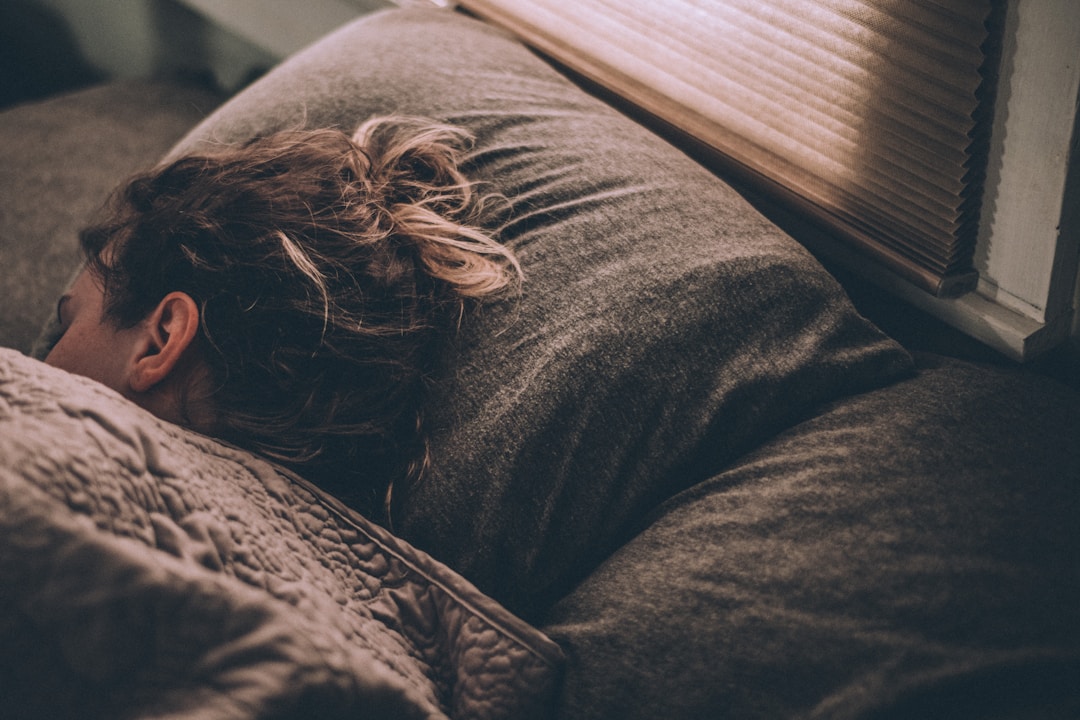It’s understandable if you’re struggling more than usual with your mental health of late. The experience of living through two years of a global pandemic has been hard on everyone, and it’s made it more difficult to participate in hobbies we enjoy and see our closest friends. Even just these factors alone can have a meaningful effect on your overall mental health and well-being. Finding ways to cope and new activities to try can keep you engaged with the world. Read on to learn even more about the importance of hobbies for your mental health.
How can hobbies improve your mental health?

Though some people like to demonize gaming or portray it as unnecessary, games actually provide a safer and less overwhelming way to spend time with friends. There are few things that affect your mental health more than the ability to be with people you care about. COVID-19 has made it more difficult to connect, but online gaming can help. If you play frequently with other people online, you may want to look into investing in quality gaming servers so you won’t have to worry about poor performance. You can also gain access to anti-DDoS protection for your dedicated game server to avoid any interruptions to your gaming sessions.
Hobbies that can help you stay active and get outside are always a good idea. There are so many different hobbies that you can look into. It may even be fun to do something entirely new. You could learn to surf, for example, or take a unique fitness class that you’ve always been interested in. Activities like surfing are great because they help you get exercise, calm your mind, and engage with the natural world.
One study showed that spending even just 20 minutes a day in a natural setting can reduce your levels of cortisol, which is a stress-producing hormone. Research has indicated that nature has the potential to relieve stress, but these results provide additional clarity on how to access those benefits. Participants had cortisol levels tested before and after nature outings. Those who spent 20 to 30 minutes interacting with nature were associated with the most significant amount of cortisol reduction.
What else can you do to take better care of yourself?

You might be surprised to learn how much your day-to-day activities affect your mental health. Your hobbies are one part of this equation, but there are also lifestyle factors that you should be aware of. If you want to improve your wellness and mood, getting enough sleep at night should be one of your highest priorities. Sleep deprivation has been directly linked to changes in mood, and it can even increase your risk of developing mental health conditions like depression and anxiety.
In general, developing a daily routine that works for you can be extremely beneficial. This includes finding products that help you look and feel your best, creating a meal plan that helps meet your individual needs, and finding time to do the things you enjoy on a regular basis. You may also find that therapy is a useful addition to your schedule especially if you always get nervous breakdowns. See the nervous breakdown definition here. There are many different types of psychotherapy, but finding the right fit for you can be a game-changer for your mental health.
There isn’t a one-size-fits-all solution for mental health issues, but there are many techniques and strategies to consider. Having outlets that can help you channel your feelings into doing something fun and productive is essential. Video games, especially during this public health emergency, are a great way to spend time with your friends. Outdoor activities have also been shown to have specific mental health benefits. You should also think about your daily routine and lifestyle to look for areas that could use some improvement. A comprehensive and holistic approach is usually the most effective way to care for your mental health.